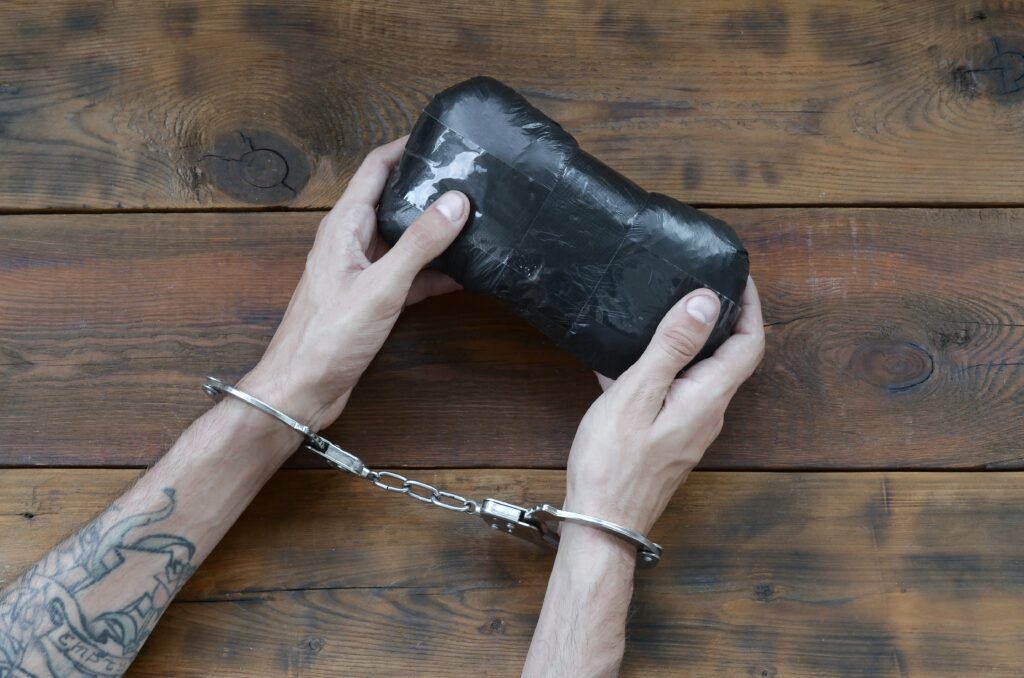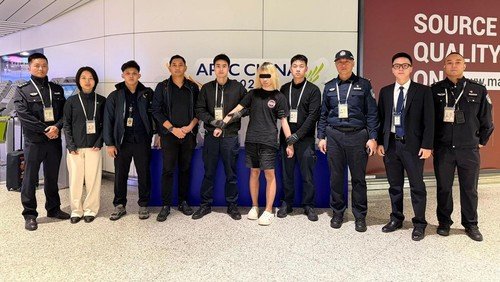
Rapper Azealia Banks made waves on social media over comments she made about Indonesia, prompting both backlash and reflection on the country’s environmental struggles.
The U.S.-born artist, known as much for her sharp tongue as her avant-garde music, sparked controversy after posting a string of criticisms about global waste dumping in Southeast Asia. She specifically named Indonesia as a recipient of trash from wealthier nations.
“Indonesia is the world’s trash can,” Banks wrote on her X account @azealiasclacewig on 12 April. “Hate to put it that way, but Indonesia is [a] polluted wasteland as is India.”
She went further, predicting that the workforce in Indonesia is going to “dwindle out” over the next 200 years due to the “health complications” Indonesians experience because of “the world shipping its trash there.”
Banks’ comment came after a recent news cycle featuring a group of world celebrities—including Katy Perry—joining a space trip mission through Blue Origin, the space technology firm owned by billionaire Jeff Bezos.
“Instead of sending Katy Perry’s stupid ass to space, Bezos and [Elon] Musk need to go get that trash off those people’s homeland and launch that sh*t to Mars,” Banks wrote.
Criticism and Clarification
Banks later clarified that her remarks were aimed at global waste-exporting powers—not Indonesians themselves.
“This isn’t calling [Indonesians] out, it’s calling the world out for using them as their f*cking trash can,” Banks wrote.
“Did you not see the mounds of trash at the beginning of the Count Contessa video?” asked Banks, referring to a music video to one of her songs. “That was shot in Bali. That is certainly not trash from them, but trash Europe and the USA literally send to other countries to ‘handle’,” she added.
Indonesia has indeed received illegal waste shipments in the past, especially after China banned most plastic imports in 2018.
However, the vast majority of waste generated and mishandled in the country is domestic.
According to a 2021 World Bank report, mismanaged plastic waste in Indonesia is primarily generated by domestic sources rather than foreign shipments.
The report estimates that approximately 4,9 million tons of plastic waste are mismanaged annually in Indonesia, with two-thirds of that coming from rural areas where formal waste collection services are limited. Much of the plastic pollution entering rivers and coastal areas is attributed to uncollected household waste and direct disposal into waterways.
Indonesia has taken steps in recent years to curb illegal imports of contaminated waste. In 2019, the government returned hundreds of shipping containers carrying unsorted or hazardous waste back to countries including the United States, Australia, and several European nations. Customs inspections were also intensified at key ports, part of a broader effort to reject the country’s role as an international dumping ground.
Indonesian Minister Responds
Indonesia’s Minister of Environment and Forestry, Hanif Faisol Nurofiq, took the criticism in stride.
“This encourages all of us,” Hanif told reporters in Central Jakarta on 17 April. He said that cities and regencies across Indonesia had started increasing their budgets for waste management—such as in Balikpapan, where the allocation jumped from Rp150 billion to Rp300 billion.
Hanif emphasized that major cleanup efforts have already taken place on Bali’s beaches and that his ministry had deployed a special team to keep waste under control.
He also noted that 343 open dumping landfills are being closed in phases, with 29 of them shut immediately due to environmental risks. Sites near oceans, rivers, or hills—such as in Sarbagita, Suwung, and Piungan—are now under expert review.
As of now, days after her comments about Indonesia, her X account has been made private.









